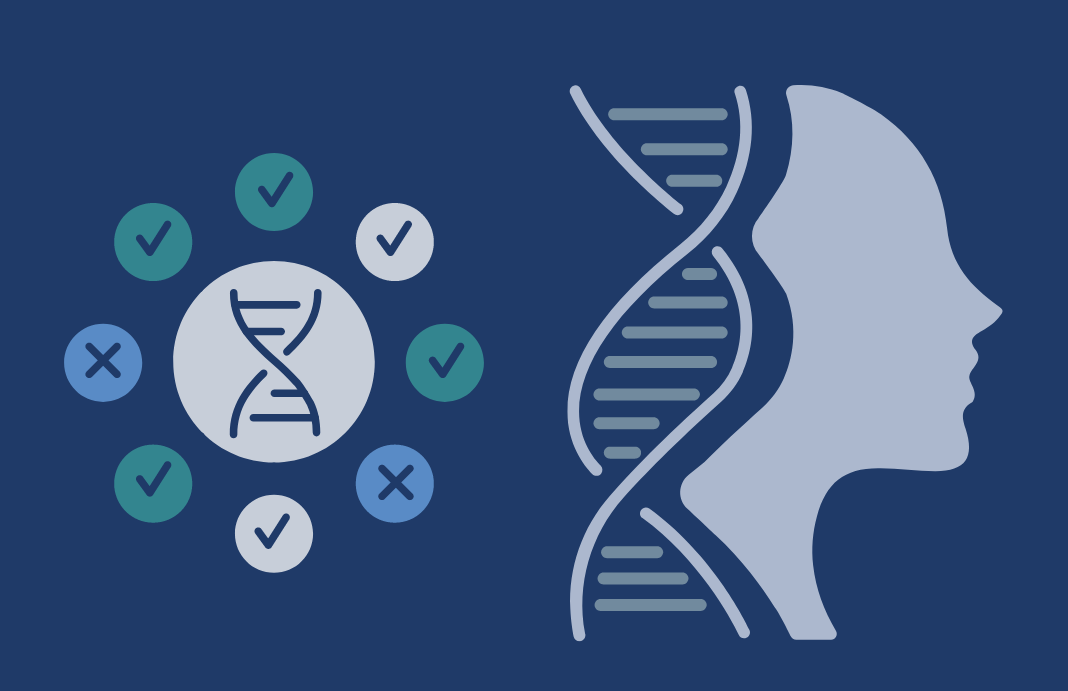Can doctors test embryos for autism? And should they?
By Brittany Luse, Liam McBain, and Neena Pathak,
NPR [cites CGS' Katie Hasson]
| 05. 28. 2025
A newly available kind of genetic testing, called polygenic embryo screening, promises to screen for conditions that can include cancer, obesity, autism, bipolar disorder, even celiac disease. These conditions are informed by many genetic variants and environmental factors - so companies like Orchid and Heliospect assign risk scores to each embryo for a given condition. These tests are expensive, only available through IVF, and some researchers question how these risk scores are calculated. But what would it mean culturally if more people tried to screen out some of these conditions? And how does this connect to societal ideas about whose lives are meaningful?
Brittany gets into it with Vardit Ravitsky, senior lecturer at Harvard Medical School and president of the Hastings Center, a non-partisan bioethics research center, and Katie Hasson, associate director of the Center for Genetics and Society, a nonprofit public affairs organization that advocates for responsible use of genetic technology.
This episode was reported by Juliana Kim. It was produced by Liam McBain. It was edited by Neena Pathak. We had engineering support from David Greenburg...
Related Articles
By Diaa Hadid and Shweta Desai, NPR | 01.29.2026
MUMBRA, India — The afternoon sun shines on the woman in a commuter-town café, highlighting her almond-shaped eyes and pale skin, a look often sought after by couples who need an egg to have a baby.
"I have good eggs,"...
By Steve Rose, The Guardian | 01.28.2026
Ed Zitron, EZPR.com; Experience Summit stage;
Web Summit 2024 via Wikipedia Commons licensed under CC by 2.0
If some time in an entirely possible future they come to make a movie about “how the AI bubble burst”, Ed Zitron will...
By Arthur Lazarus, MedPage Today | 01.23.2026
A growing body of contemporary research and reporting exposes how old ideas can find new life when repurposed within modern systems of medicine, technology, and public policy. Over the last decade, several trends have converged:
- The rise of polygenic scoring...
By Daphne O. Martschenko and Julia E. H. Brown, Hastings Bioethics Forum | 01.14.2026
There is growing concern that falling fertility rates will lead to economic and demographic catastrophe. The social and political movement known as pronatalism looks to combat depopulation by encouraging people to have as many children as possible. But not just...




